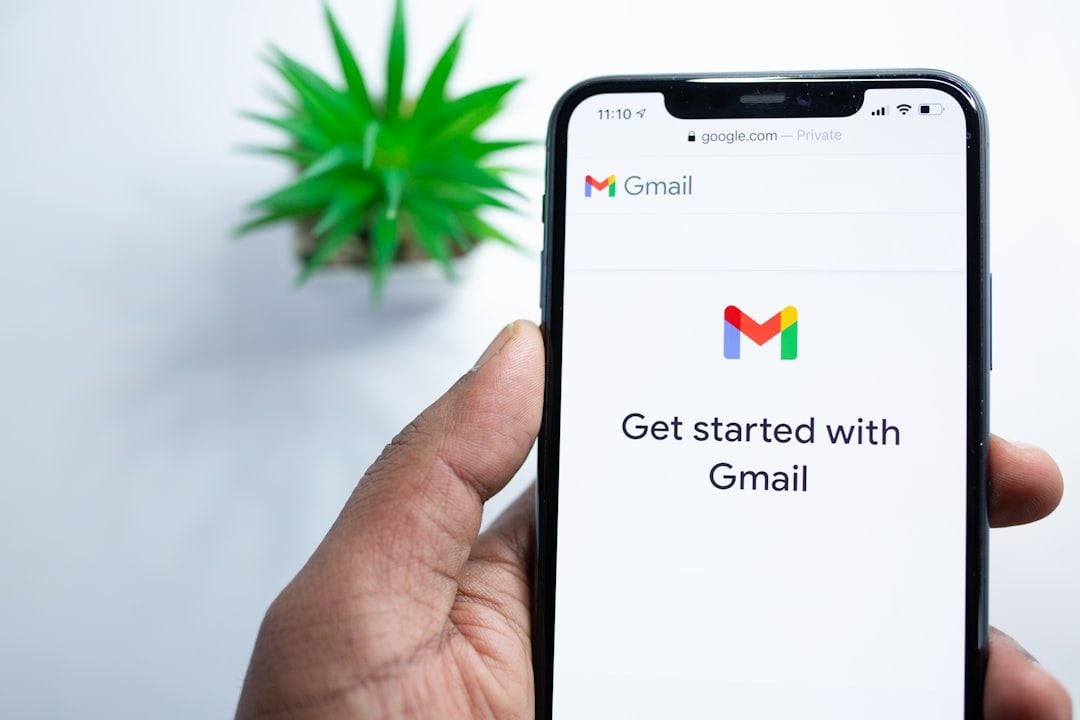
The 9 Biggest Cybersecurity Myths People Still Believe

1. Small Accounts Aren't Worth Hacking
Think hackers only target big accounts? Even a basic email can give criminals access to your banking, shopping, and social media. In 2022, hackers stole $43 billion through compromised personal emails. Protect yourself by using unique passwords for every account and enabling two-factor authentication. You'll block 99% of automated attacks.
If you notice unusual login alerts or password reset emails, secure your account immediately by updating credentials.
Set up a password manager today - it takes 15 minutes and protects all your accounts

© Image Credit: Unsplash - appshunter.io
Continue Reading
You've reached the end of your free preview. To continue reading this article, please purchase a one-time 24-hour access pass.
24-Hour Access Pass
$4.99
- Full access to this article
- Browse all content for 24 hours
- No subscription required
- No recurring charges
Secure payment powered by Stripe
By purchasing, you agree to our Terms of Service and Privacy Policy
Your access will automatically expire after 24 hours. No recurring charges.






Our expert insights and analysis have been featured in leading tech publications worldwide
Continue reading with a day pass